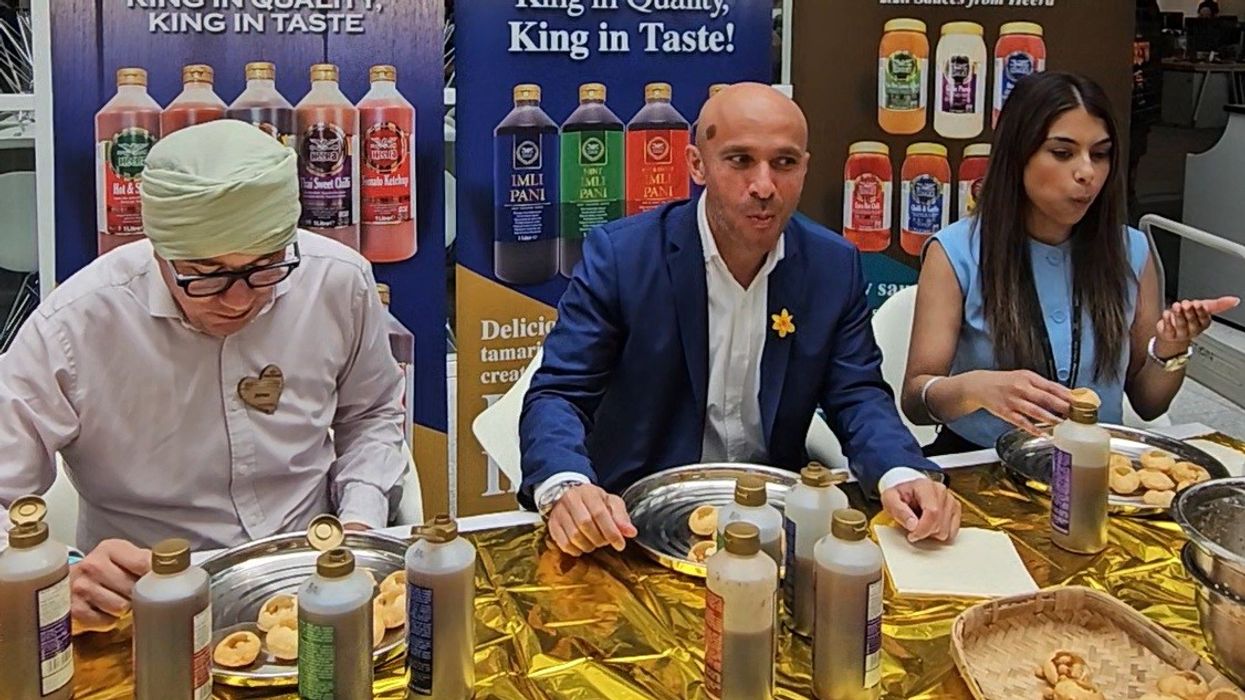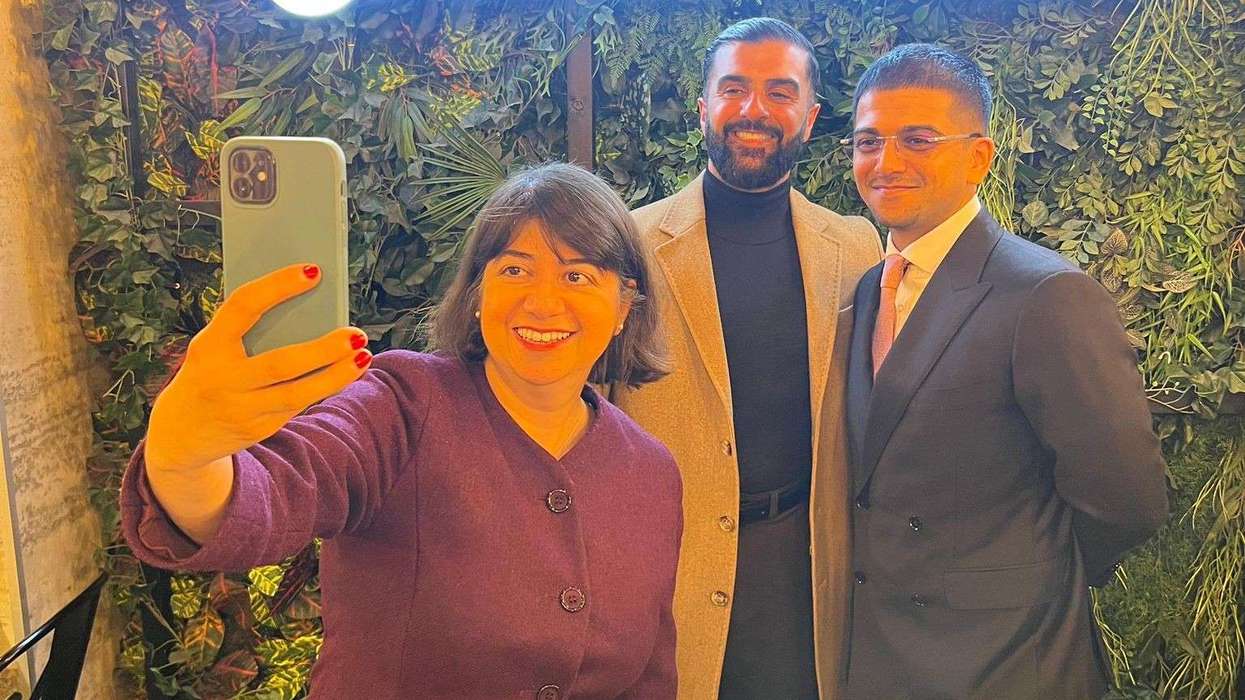Morrisons chief executive Rami Baitiéh took part in a lively “Gol Gappay Challenge” at the supermarket’s Bradford headquarters on Tuesday, as part of celebrations for South Asian Heritage Month.
The event, hosted in the company’s central atrium, was led by Bradford-based Heera Foods, which served up its popular Gol Gappay – crispy puris filled with spiced chickpeas and tangy water – to staff and visitors.
The highlight was a 60-second eating contest where colleagues competed to finish as many Gol Gappay as possible before the clock ran down. To cheers from the crowd, Baitiéh joined in and managed four in a minute.
“It was fantastic to see the CEO of one of the UK’s biggest supermarkets join in with such enthusiasm,” said Noor Ali, senior commercial manager at Heera Foods. “Gol Gappay, also known as pani puri, are all about fun, flavour and bringing people together, and Rami certainly embraced that spirit.”
The open day formed part of Morrisons’ program of events showcasing South Asian food and culture. For Heera Foods, one of Bradford’s longest-standing South Asian brands, it was an opportunity to highlight a snack loved across the subcontinent.
Heera Foods, part of P&B Foods Ltd, has been based in Bradford since the 1960s and produces a wide range of South Asian staples and ready-to-eat products from its UK facility.




